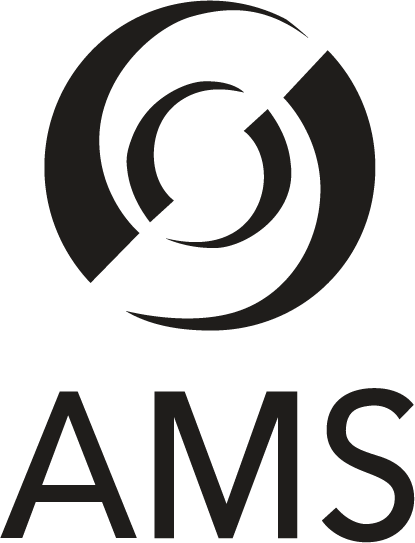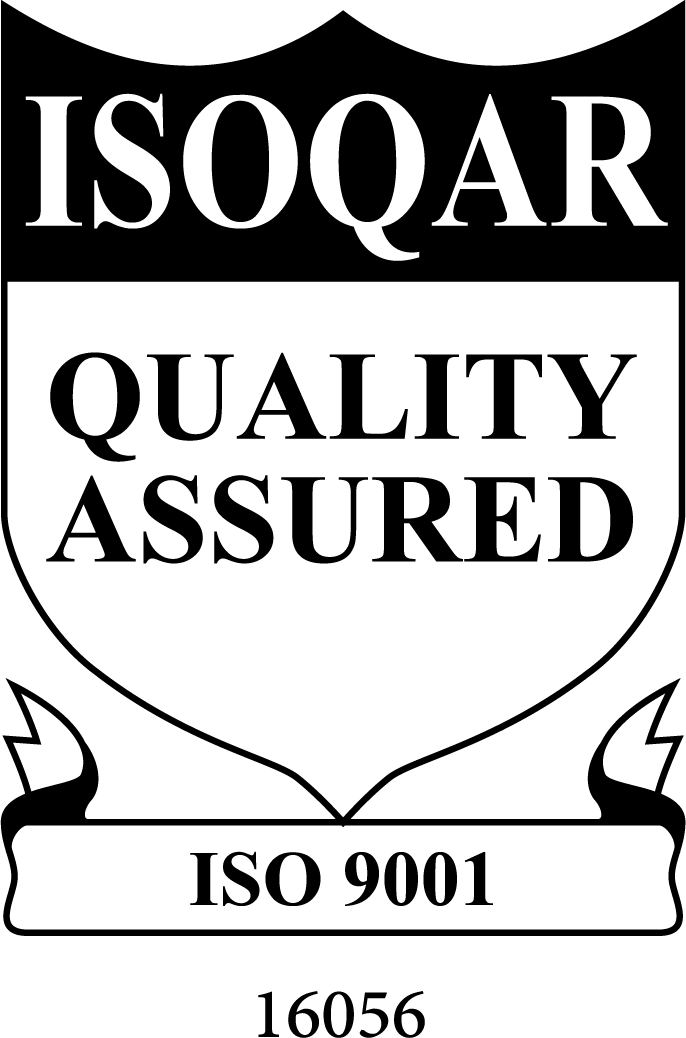NSN: 5905-01-526-6220
Resistors
RESISTOR,FIXED,WIRE WOUND,INDUCTIVE
RESISTOR,FIXED,WIRE WOUND,INDUCTIVE
ACT NOW! SUBMIT A QUICK QUOTE.
Technical Characteristics
-
Reactance Characteristic
inductive
-
Terminal Type
wire lead
-
Inclosure Method
encapsulated
-
Power Dissipation Rating In Watts
1.000 free air
-
Electrical Resistance
6.300 ohms
-
Specification/Standard Data
81343 - mil-prf-39007/9 government specification
-
Reliability Indicator
established
-
Temp Coefficient Of Resistance In Ppm Per Deg Celsius
-50.0/+50.0 first temp coefficient
-
Terminal Length
1.500 inches nominal
-
Reliability Failure Rate Level In Percent
0.010
-
Resistance Tolerance In Percent
-1.000/+1.000
-
Temp Range Of Temp Coefficient In Deg Celsius
-55.0/+250.0 temp range of first temp coefficient
-
Ambient Temp In Deg Celsius At Full Rated Power
25.0
-
Body Diameter
0.085 inches nominal
-
Body Length
0.250 inches nominal
-
Ambient Temp In Deg Celsius At Zero Percent Rated Power
250.0
-
Style Designator
axial terminal each end
-
~1
data on certain environmental and performance r
-
Test Data Document
-mil-prf-39007 specification (includes engineering type bulletins, brochures,etc., that reflect specification type data in specification format; excludes commercial catalogs, industry directories, and similar trade publications, reflecting general type


 Certified to
Certified to









